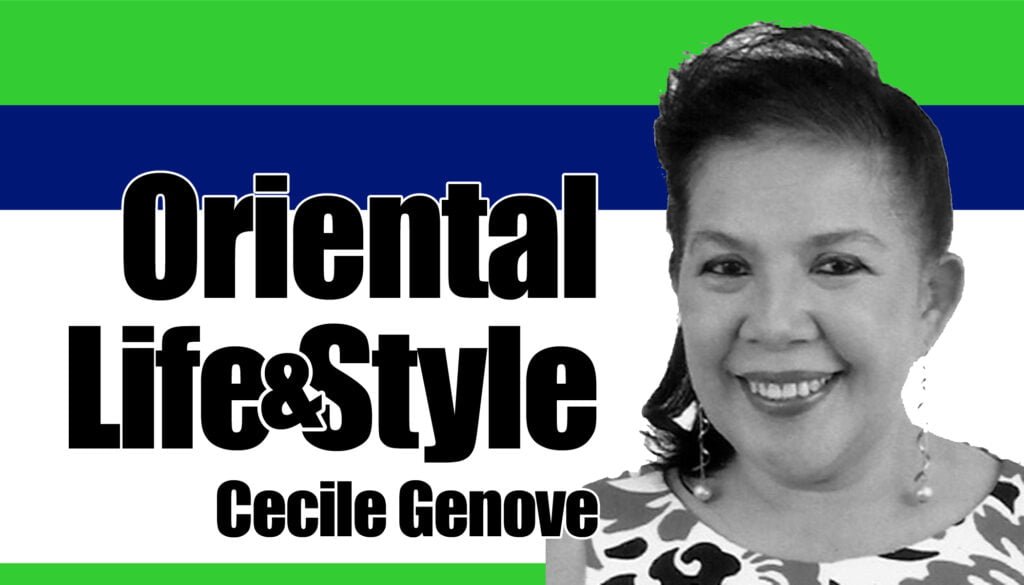
“Sustainable communication is a key ingredient for a sustainable future,” shared Presidential Communications Operations Office (PCOO) Secretary Martin Andanar to members of the media in Dumaguete City during a visit last week.
“We keep on talking about agricultural sustainability, food sustainability, sustainability in engineering, energy sustainability, and sustainable development. But, you know what we missed talking about? We missed talking about this one aspect na magtahi ani tanang sustainable objectives of mankind. Unsa man to? I’m talking about sustainable communication (We missed talking about one aspect that could tie these sustainable objectives of mankind together. What is this? I’m talking about sustainable communications),” Andanar said.
The PCOO chief emphasized that members of the media are considered as “influencers” in the community and they could influence the public’s mindset when they talk about sustainable goals of the country or with the United Nations.
“If we have the sustainable communication mindset, then anything we say on the microphone and even in front of the camera, would be driven by our consciousness that we want a sustainable future,” he said.
Andanar admitted that the concept still needs further development and formulation and asked the help of the media to join in the campaign and make this advocacy more meaningful and deeper.
Andanar said the Government Communications Academy (GCA), which will be built in Bukidnon, will “carry the torch” of sustainable communications and capacitate government communicators and members of the local press in carrying out this advocacy in the future.
GCA is a project of the PCOO and aims to provide a venue for capacity-building and skills development for public information officers (PIOs) and government communicators.
PCOO has been active in policy formulation and infrastructure development to intensify the reach of the Presidential Communications Group.
Some of the landmark programs of the PCOO include the implementation of Freedom of Information, creation of the Presidential Task Force on Media Security, passage of the Media Welfare Workers Bill in the Lower House, and the creation of the government media hub in Davao for Mindanao area and soon in Cebu for the Visayas area.
Andanar sought the help of media practitioners in Dumaguete City in pushing for the passage of the Media Workers’ Welfare Bill in the Senate.
The said bill was already approved in the House of Representatives and just needs “more push” to be filed completely in the Upper House of Congress.
“We are doing everything we can within the influence that we have. We would really need the help of the sector of the media to help us this. Gamay na lang gyud kulang (this needs a little push),” Andanar said.
He said Senate Majority Leader Miguel Zubiri and Senate President Tito Sotto already promised to file the law in Senate.
“If you can help me write the two to deliver their promise na himoon balaod (to make this into a law), if the Dumaguete Press Club can write our two good senators it would really help a lot,” Andanar added.
The House version of the bill was approved earlier this year.
A report from the Philippine News Agency said the bill aims to ensure that media workers shall enjoy wage benefits, allowances, and benefits provided by law to workers, be covered by Pag-Ibig, PhilHealth, and the Social Security System (SSS), and direct employers to provide additional insurance to media workers including death benefit of P200,000, disability benefit of P200,000, and medical insurance benefit of P100,000.
Media workers are also guaranteed security of tenure after six months probationary period.
Andanar stressed that the government, under the current administration, has upheld and continues to promote the welfare of media practitioners, proof of which is the establishment of the Presidential Task Force on Media Security (PTFoms).
“We fought for you, the media, by having the President sign Administrative Order Number 1 or the Presidential Task Force on Media Security which, by the way, led to the fast resolution of the Maguindanao Massacre and removed us from the list of the Reporter without Borders as one of the most dangerous countries for journalists,” he said.
He said it is important to do this to continuously earn the trust and confidence of the people whom he described as the “trustees” in the public sector. – NWI




